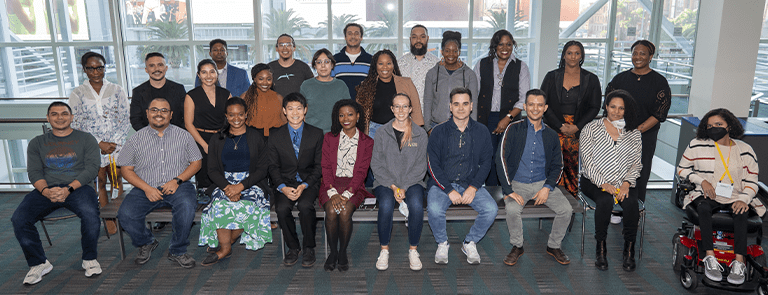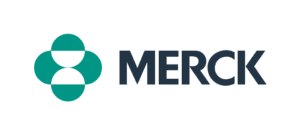Applications for the 2025-2027 Cohort closed on August 18, 2025.

ASHG recognizes there is a great need to ensure that we have a workforce that represents people from all backgrounds and with varied perspectives and experiences. This is a need reinforced by many studies of the larger research community and experience within human genetics. ASHG is committed to creating experiences to recruit and train a talented and prepared workforce ready to address research needs in human genetics and genomics.
As a result we have created the Human Genetics Scholars Initiative to:
- Identify, mentor, and help prepare a cohort of high potential, early-career individuals for professional success.*
- Develop and sustain a community of researchers committed to achieving ASHG’s vision that people everywhere realize the benefits of human genetics and genomics research.
Over the course of this two-year, intensive program, each scholar will receive:
- Complimentary ASHG membership for two years.
- Complimentary registration, travel, and hotel accommodation for two Annual Meetings.
- A dedicated mentor for the two-year period, and support in identifying and building other potential mentor relationships, such as peer and subject-matter mentors.
- Enrichment funds for qualified career development of their choosing.
*Consistent with applicable law, an individual candidate’s race, ethnicity, or sex (including gender identity, sexual orientation, or transgender status) may not be considered a factor for purposes of program eligibility or in selecting participants.
For questions, please contact society@ashg.org.
Meet our HGSI scholars and alumni.
Partners & Sponsors
Thank you to our partners and sponsors for their support of the 2025 HGSI program.

